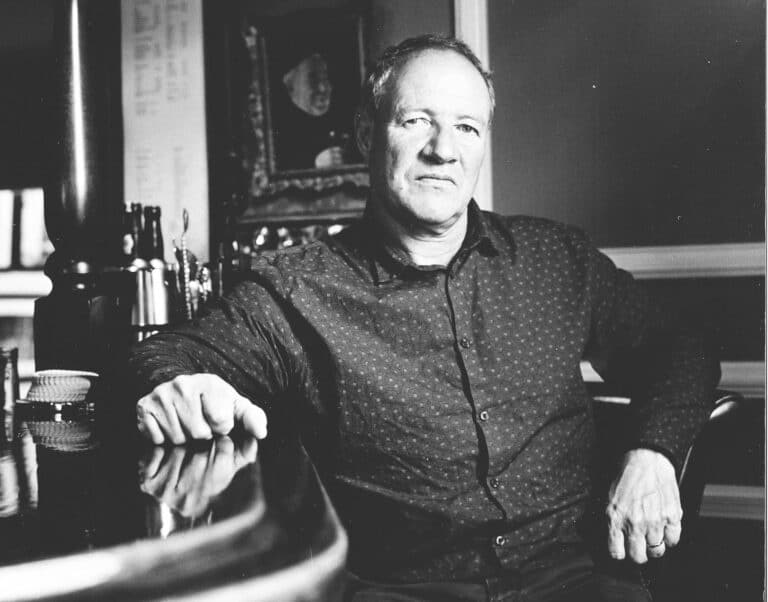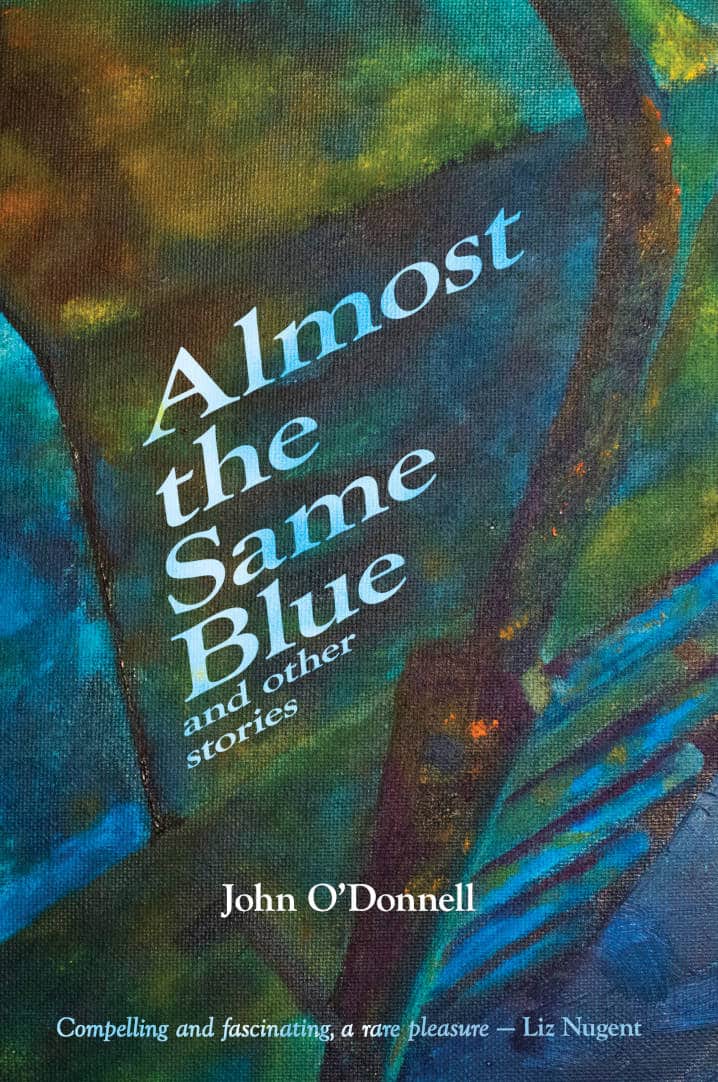Free shipping in Ireland over €25. Free worldwide shipping on orders over €50

JOHN O’DONNELL’s work has been published and broad- cast widely in Ireland and abroad. Fiction publications include Counterparts (The Stinging Fly Press), Hennessy Book of Irish Fiction, Sunday Tribune, Sunday Independent, The Stinging Fly, Books Ireland, The Irish Times, and RTE’s The Book on One. Awards include the Hennessy Award for Emerging Fiction and Cúirt Festival of Literature New Writing Prize for Fiction. He has also published four poetry collections, the latest of which is Sunlight: New and Selected Poems (Dedalus Press, 2018): prizes for poetry include the Irish National Poetry Prize, the Ireland Funds Prize and the Hennessy Award for Poetry. He lives and works in Dublin.
A rare pleasure… incredibly well written, compelling and absolutely fascinating.
— Liz Nugent
You recognise it immediately, the imitation-silver teddy bear dangling from its cheap chain. There is a torn scrap of paper in the envelope as well, an unknown phone number scrawled in biro.
‘Please, no, Olivia,’ says Donald when you tell him.
‘But you insisted we should follow up on everything,’ you say to him, the man who’d been your husband when it happened, almost two years ago. ‘No stone unturned, remember? You said.’
There is a silence on the other end of the phone. ‘She’s gone, Olivia,’ Donald says eventually. You imagine him slowly shaking his head. ‘You need to learn to grieve,’ he says. You hang up, and weigh the pendant in your hand, thinking that to grieve would be a kind of treason, and although Donald has suggested that you contact the police about the envelope, you know you will not go back to the airless torpor of the station, the weary face of Lehane, the heavy-set detective who said six months ago that scarce resources meant the investigation was being scaled back.
So you tell no one else, although you ring the number, just in case, and when it eventually rings out you are almost relieved.
But the second time it answers.
***
The new notes come slickly from the machines. Twelve withdrawals, twelve different ATMs: it takes three days, but this is how he wants it, the voice who gives you the instructions in almost-perfect English. You say her name and ask to speak to her, and you hear him shouting in another language to someone else, wherever he is answering your call, before he replies: ‘Right now that is not possible, but soon.’ You ask is she alright, your heart lunging in your chest. ‘Yes, yes,’ he says impatiently, and then he talks again about the money, and where and when he’ll meet you.
‘And no police, yes?’ he says, and for a moment the jumbled syntax confuses you before you agree.
‘No police,’ he says again. ‘Or no girl.’
***
In the early evening you wait for him at the bypass. He is younger than his voice suggests, the brown-eyed man who pulls up in the van. You show him the pendant, and the holdall with the plastic shopping-bag inside it, stuffed with money, and he nods and reaches over, opening the passenger door. Underneath his denim jacket his T-shirt says Just Do It, and the ashtray is a cairn of butts. The rear of the van is stacked with empty cages, dozens of them, smeared with droppings, and the plume from the cigarette that’s wedged between his fingers cannot hide the feral stink.
You ask him about her. ‘Soon,’ he says, pointing out through the front windscreen at the way ahead, and your hands tighten on the holdall as the van rattles along narrow country roads, the cages clattering in the back. Taller, you think, she will definitely be taller. And blonde, yes, still blonde. But that coat she’d been wearing, the one you and Donald chose for her together, her favourite, the brown fake sheepskin with the flower-embroidered sleeves, the one in all the posters; that coat probably no longer fits her. At the outskirts of a midland town the van veers off into a housing estate. In the twilight children are playing on a green area littered with the bones of long-dead machinery, and out of habit you lean forward to look at them more closely, to see if you can recognise her. The van drives into a crescent and stops outside the furthest house. The young man points to the front door but does not follow you, and when you press the doorbell a shape comes towards you on the far side of the frosted glass, and you hear the clicking of the latch.
The woman answering the door is older than you: a hank of steel-grey hair, the creases on her face like hunting trails on an ancient map. Again you show the pendant and the holdall, and she ushers you in through the narrow hallway, past the closed door of a living room from which you can hear low voices and the sound of a television, a game-show in full swing.
You follow the woman down into the kitchen. Crusted dishes fester in the sink. The wall behind the cooker is stained with grease. On the window sill a radio is playing country and western, the rich Mississippi baritone of Charley Pride wondering ‘Is Anyone Going to San Antone’. The woman pulls a chair out from the table and motions to you to sit.
‘So where is she?’ you ask, your voice louder than you’d intended.
The woman shakes her head, pretending not to understand.
‘Here,’ you say, lifting the holdall on to the table and shaking it, ‘here. Look.’
‘Please,’ the woman says. She calls out through the doorway, and from upstairs a voice answers, in a language you do not recognise. The woman closes the door and sits down opposite you.
‘We wait,’ she says, and she smiles quickly at you before she looks away.
***
A pair of child’s jeans are hanging over the back of a chair. ‘Folsom Prison Blues’ is playing, Johnny Cash twanging away on the guitar. The grimy window where the radio sits gives out onto a small back garden; the light is almost gone, but you can make out an upturned tricycle on an unkempt patch of grass. At the end wall there is a wooden shed, the door bolted and padlocked, with a window covered by what looks like wire mesh.
The woman is bent over her phone, its icy glow reflected in her face. In the distance a car revs up, backfires and pulls away.
‘Christine,’ you say to her. No day passes without you saying it, repeating it to yourself, as if naming your loss could fill the space that’s left behind, a space widening and deepening since that moment in the shopping mall when you turned around to find your daughter gone.
You rustle the contents of the holdall again, and the woman looks up.
‘Her name is Christine,’ you say. ‘Did you know that?’
A dog is barking, somewhere among the houses in the estate; it barks and barks and barks, and then it stops.
‘Chris...tine,’ the woman repeats carefully, nodding. ‘Yes,’ she says then, returning to her phone.

ISBN: 978-1-907682-75-9 | Pages: 174 | Published: 2020
Almost The Same Blue is the first collection of short stories from the double Hennessy Award winning writer John O’Donnell. Murder, lust, greed, and betrayal are just some of the themes encountered in these pages. In the fifteen pieces collected here, the author asks us to ask ourselves, “What part of our nature are we most afraid of?” These are searing testimonies from the frontiers of the human condition; from gamblers and castaways, from a boy charged with indecent assault and a girl who becomes pregnant by the Pope. Here are ruthless husbands and faithless wives, guilty judges, scheming lawyers, and clients with a tale to tell; here as well is a woman in a protection programme, a wheelchair-bound ex-rugby player who takes the law into his own hands, and a mother who keeps searching for her missing child. Guilt and grief, transgression and its aftermath, hope and heartbreak; in spare, unflinching language these powerful stories explore what it means to be human.
Submissions | FAQ | Cookies | Privacy Policy | Contact Us | Stockists
Doire is the Irish word for oak grove, translating into English as Derry.